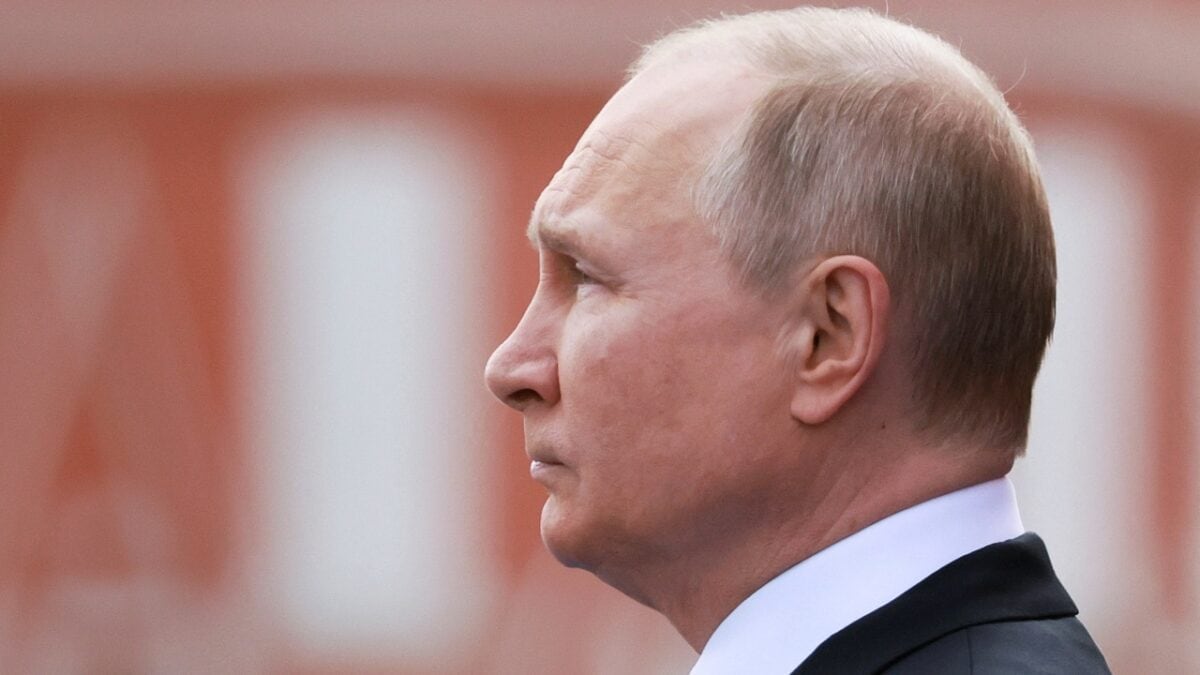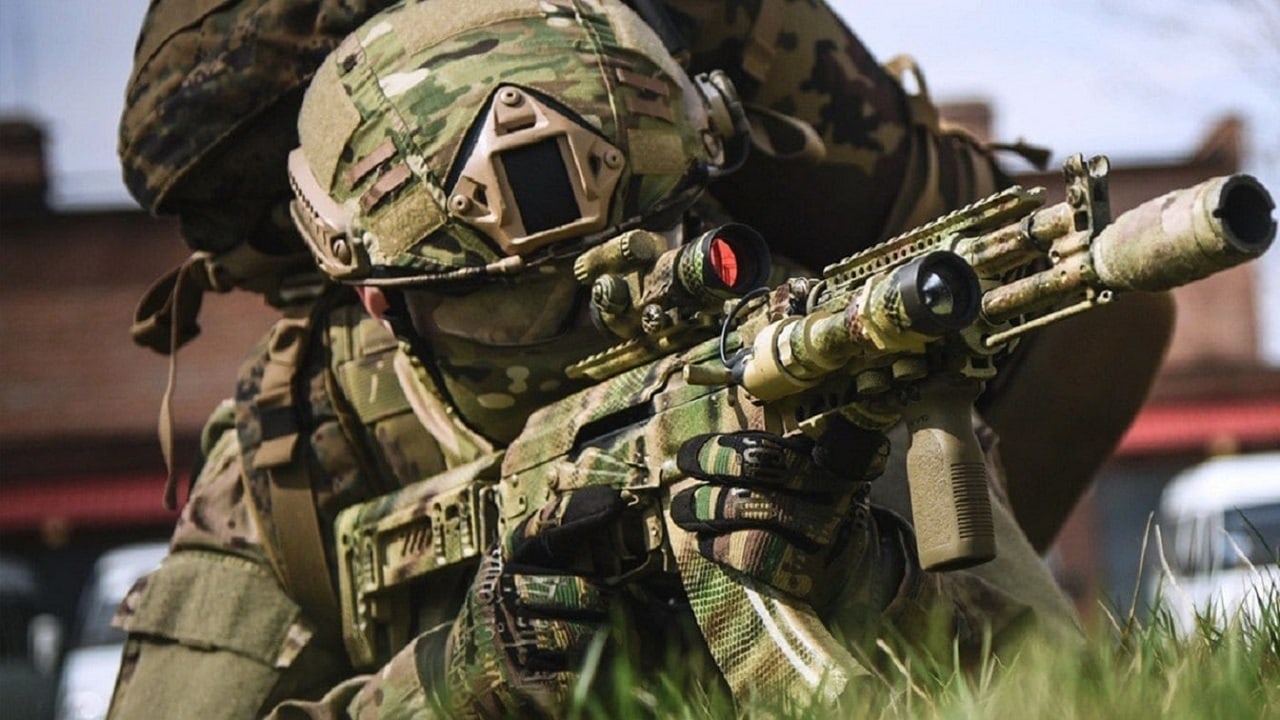Does Russia Have a Force Generation Problem in Ukraine? Russia’s February 24, 2022 invasion of Ukraine was initially spearheaded by some of Russia’s most professional and specialized troops, such as its airborne and armor corps. However, at the six-month mark of Russia’s war in Ukraine, that reliance on professional formations of the Russian armed forces has given way to a broader reliance on a hodge-podge assembly of professional units of the Russian armed forces, volunteer battalions, and Kremlin-connected mercenaries.
Recruitment across Russia
Russia’s quiet recruitment of large quantities of volunteer units is nothing new – the raising of units purported to be made up of local volunteers appears to have been occurring since at least late spring. As of early August, 40 “volunteer units” have been formed to take part in Russia’s invasion of Ukraine, according to the Russian newspaper Kommersant.
Hailing from at least twelve different federal departments of Russia, the newspaper reported that recruitment for such units is usually spearheaded by local government authorities or veterans’ groups, who in part use attractive cash payments to attract volunteers. According to an investigation by the independent Russian-language news outlet Novaya Gazeta, at least 52 battalions and ten other types of units were actively recruiting volunteers, competing with each other and mercenary organizations. These units reportedly follow the model spearheaded by local units recruited in Chechnya, which are personally loyal to Chechnya’s strongman, Ramzan Kadyrov.
Mercenary Recruitment
In addition to recruitment drives by individual volunteer battalions, mercenary organizations such as “Wagner Group” and “Redut” have been actively recruiting individuals to fight in Ukraine. Wagner, which previously was only allowed a shadowy presence in Russian affairs and Moscow’s foreign adventures despite being Russia’s most well-known mercenary group, has begun in recent weeks to recruit openly in Russia to fill its ranks of frontline units to be sent to Ukraine while keeping its core cohort of seasoned fighters away from the battlefield. While Wagner reportedly has offered high monthly salaries – roughly equivalent to $3,840 per month, compared to Russia’s average salary of nearly $1,113 according to Rosstat – heavy losses endured by Wagner formations in Donbas during fighting around Sievierodonetsk and Lysychansk have forced Wagner to begin recruiting convicts for fighting in Ukraine.
Mass-Mobilization in the LNR and DPR
While volunteer recruitment in Russia thus far appears to be truly voluntary for the time being, Russia and its LNR and DNR separatist statelet proxies in Donbas have been aggressively mobilizing the population of the two territories to fuel Russia’s invasion. While the leadership of the two separatist entities had declared full military mobilizations just days before Russia kicked off its invasion, several hundred people were reportedly forcibly mobilized every day in the DNR and LNR at current rates.

Russian President Vladimir Putin watches a military parade on Victory Day, which marks the 77th anniversary of the victory over Nazi Germany in World War Two, in Red Square in central Moscow, Russia May 9, 2022. Sputnik/Mikhail Metzel/Pool via REUTERS.
As Russia’s armies in Ukraine continue to suffer the grinding casualties of a force locked into a nearly static war of attrition, Russia is highly likely to continue to rely on its varied mix of units and recruits to shore up its manpower in Ukraine. The relative effectiveness of this mixture of troops is unlikely to be strong, with many recruits only receiving brief training lasting a handful of days. So long as Moscow chooses to avoid a mass mobilization of its population and economy to support its invasion of Ukraine, it will be forced to rely on what is effectively an ad-hoc recruitment of troops wherever they can be found.
Wesley Culp is a Research Fellow at the Center for the Study of the Presidency and Congress. He regularly writes on Russian and Eurasian leadership and national security topics and has been published in The Hill as well as in the Diplomatic Courier. He can be found on Twitter @WesleyJCulp.

